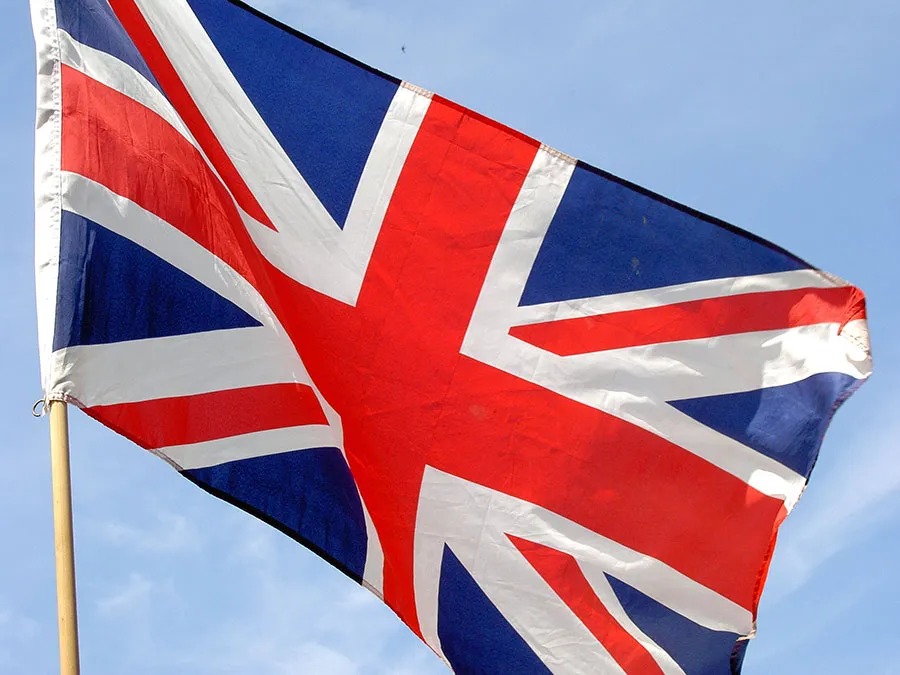On Wednesday morning, the UK Office for National Statistics released inflation data for December, which showed a rise in the inflation rate in the UK for the third consecutive month.
According to the published data, the general inflation rate in Britain rose to 2.5% in December on a year-over-year basis, which came in below expectations that forecasted a 2.6% growth in the Consumer Price Index (CPI). The CPI had recorded a 2.3% growth in the previous November.
As for the core inflation rate - which excludes food and energy prices - it also accelerated to 3.2% in December on a year-over-year basis, while market expectations indicated a growth of the Consumer Price Index by 3.4%. The core inflation had risen to 3.5% in the previous November.
Consumer Price Index indicators reflect inflation rates in the economy, and inflation is a general increase in the prices of goods and services. Therefore, the relationship between inflation and interest rates is a key factor in understanding the importance of such an indicator in the UK, in addition to knowing its impact on the markets and all investments.
In countries like the UK, monetary policy decisions depend on the inflation target set by the Bank of England, which is why the inflation rate in Britain affects all interest rates imposed on businesses and consumers, impacting stock, bond, and commodity markets. Exceeding the forecast readings of the inflation index is seen as a positive sign for the British currency; the pound sterling, whereas a decline in the reading below expectations is seen as negative for the pound sterling.












